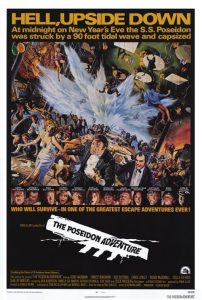 I thought I ought to ground myself in history, so thanks to my good friends at Netflix, I snagged The Poseidon Adventure no more than a week after its remake’s release date, to watch prior to catching said remake. (Because I am nothing if not timely. Also: product endorsements deserve to be rewarded with free stuff. Just saying, good friends at Netflix.) The seventies were a different time is what I have learned. Sure, blah blah blah special effects cakes, but that’s not the thing. The thing is the acting. With the exception of Ernest Borgnine (who was frankly superb) and Roddy McDowall, every single male in the cast acted via angry loud voice. It was just bizarre to watch, especially in Gene Hackman, who I have certainly seen perform well enough in other (notably later) roles. Meanwhile, the women were mostly called upon to scream a lot. This is somewhat less surprising on the whole, but still pretty sad. As the main exception here was Ernest Borgnine’s wife, I am forced to assume that it was talent by osmosis.
I thought I ought to ground myself in history, so thanks to my good friends at Netflix, I snagged The Poseidon Adventure no more than a week after its remake’s release date, to watch prior to catching said remake. (Because I am nothing if not timely. Also: product endorsements deserve to be rewarded with free stuff. Just saying, good friends at Netflix.) The seventies were a different time is what I have learned. Sure, blah blah blah special effects cakes, but that’s not the thing. The thing is the acting. With the exception of Ernest Borgnine (who was frankly superb) and Roddy McDowall, every single male in the cast acted via angry loud voice. It was just bizarre to watch, especially in Gene Hackman, who I have certainly seen perform well enough in other (notably later) roles. Meanwhile, the women were mostly called upon to scream a lot. This is somewhat less surprising on the whole, but still pretty sad. As the main exception here was Ernest Borgnine’s wife, I am forced to assume that it was talent by osmosis.
As for the plot? Well, you know, boat flips over, people try to survive in upside-down boat. Is there more that you need to know? I will say that the set design did an almost non-existent job of conveying upside-downness, which robbed the movie of a good third of its purported impact. I expect that the remake will handle that part, at least. And maybe less shouting. But mostly better special effects traded in for someone not as good as Borgnine. Probably this is a bad thing; it certainly would be if the original had been a tour de force, but since it was not, I’ll take what I can get.
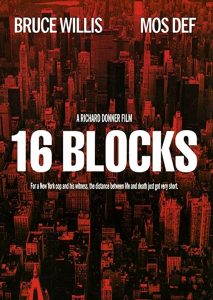 Obligatory action movie time! Except,
Obligatory action movie time! Except, 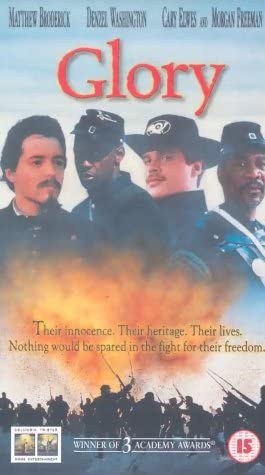 Another movie night just past, and thusly do I dash off another quick correspondence. Although there are not always themes, the theme this week was ‘movies with Denzel Washington’, and the one that got picked was
Another movie night just past, and thusly do I dash off another quick correspondence. Although there are not always themes, the theme this week was ‘movies with Denzel Washington’, and the one that got picked was 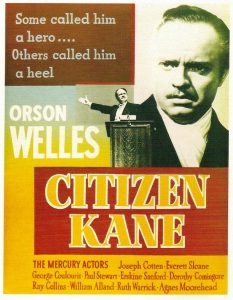 A new feature in my life is the weekly movie night on Fridays, this whole big thing where a group of my local friends and I gather together and watch a movie. Not always good, not always important, often both. I’ll never know what it is next until the day comes, and that’s just how it’s gonna be.
A new feature in my life is the weekly movie night on Fridays, this whole big thing where a group of my local friends and I gather together and watch a movie. Not always good, not always important, often both. I’ll never know what it is next until the day comes, and that’s just how it’s gonna be.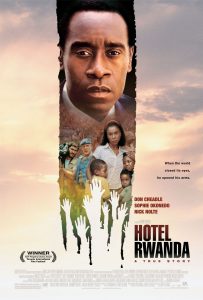 It’s a lot to take in, is the thing. Sure, you’ve got the whole Germany and the Jews thing, but that’s so internalized into our culture that it doesn’t pack the same visceral punch. I didn’t know that yet, at this time yesterday. But, back a couple of months ago, the girl told me I should go see
It’s a lot to take in, is the thing. Sure, you’ve got the whole Germany and the Jews thing, but that’s so internalized into our culture that it doesn’t pack the same visceral punch. I didn’t know that yet, at this time yesterday. But, back a couple of months ago, the girl told me I should go see 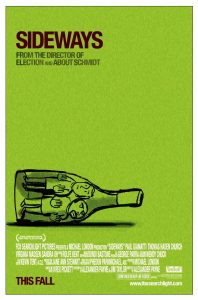 So, early this week, I saw
So, early this week, I saw 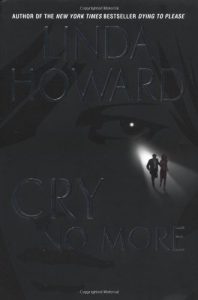 I got a book from my grandmother a few months ago, about a lady whose kid was stolen from her arms in Mexico, so she devoted her life to searching for missing kids / people. It’s all very predictable, in that you know basically what will happen and who the heartbroken lady will end up with within the first 30 pages. The rest is an exercise in drama!, with doses of mildly effective misdirection and a few helpings of romance novel porn to keep the attention. The story isn’t too bad, but unfortunately changes focus completely right at the end, wrapping up the mystery as neatly as a bow with too much haste and getting on to the emotional consequences.
I got a book from my grandmother a few months ago, about a lady whose kid was stolen from her arms in Mexico, so she devoted her life to searching for missing kids / people. It’s all very predictable, in that you know basically what will happen and who the heartbroken lady will end up with within the first 30 pages. The rest is an exercise in drama!, with doses of mildly effective misdirection and a few helpings of romance novel porn to keep the attention. The story isn’t too bad, but unfortunately changes focus completely right at the end, wrapping up the mystery as neatly as a bow with too much haste and getting on to the emotional consequences.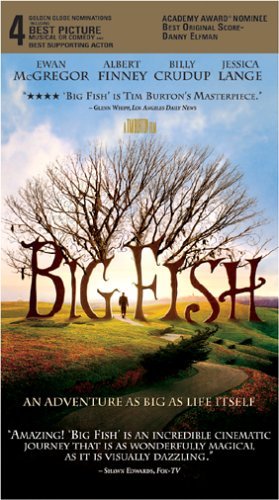 I expected to digest this and figure something out in the morning. Only, it all came together in the last ten minutes, and I’m instead compelled to get it out now, before it loses the immediacy. Appreciate that, because I could be listening to the last 15 minutes of Loveline instead, which was my original plan.
I expected to digest this and figure something out in the morning. Only, it all came together in the last ten minutes, and I’m instead compelled to get it out now, before it loses the immediacy. Appreciate that, because I could be listening to the last 15 minutes of Loveline instead, which was my original plan.